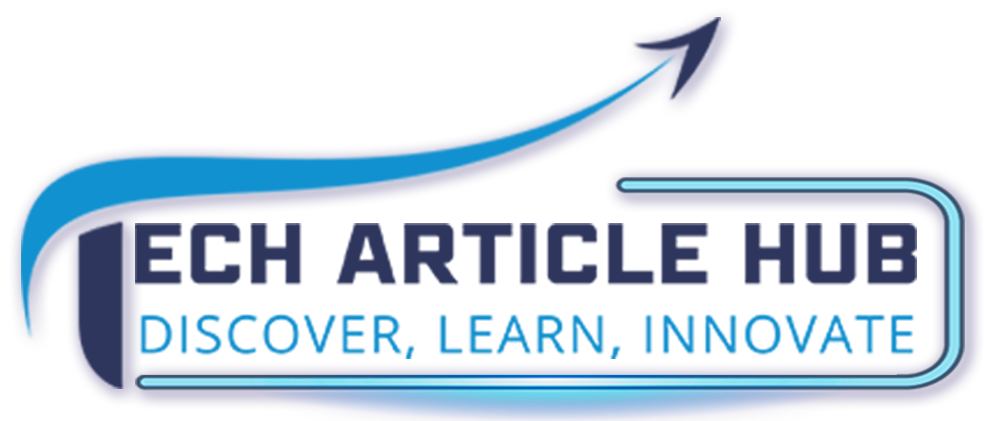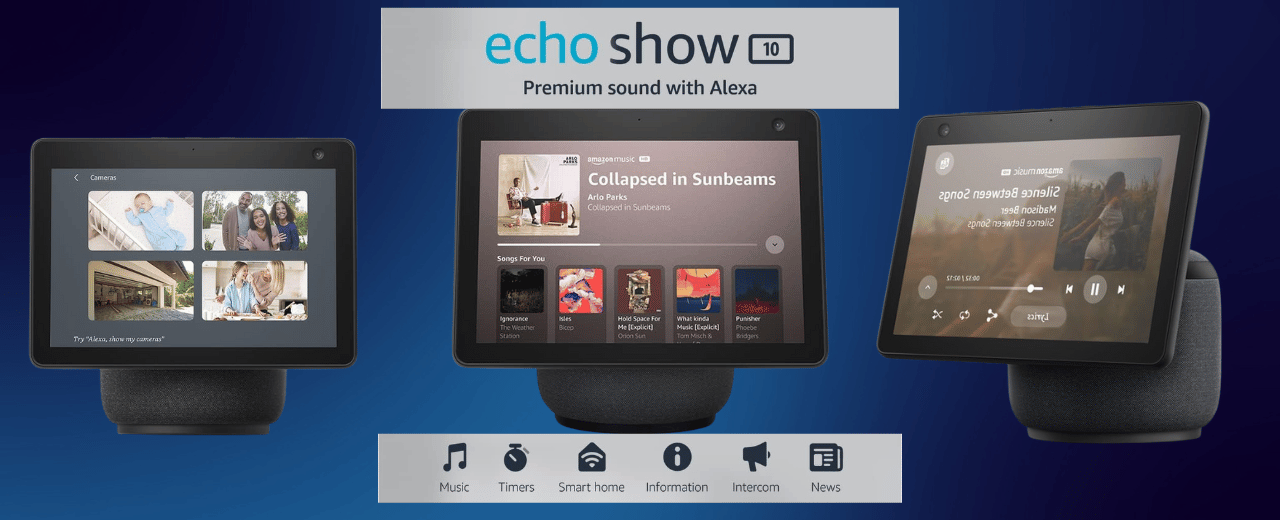The rapid advancement of artificial intelligence (AI) is reshaping the landscape of consumer technology, driving innovation in devices ranging from smartphones and smart home gadgets to vehicles and wearables. This article delves into the current trends in AI integration in consumer devices, highlighting the global impact and the future of AI-driven technologies.
The Rise of AI-Powered Devices AI integration in consumer electronics is no longer just a trend; it’s a revolution. From virtual assistants like Amazon’s Alexa and Apple’s Siri to AI-powered cameras and home automation systems, AI is becoming an integral part of everyday life. According to a report by IDC, the global AI in the consumer electronics market is expected to grow at a compound annual growth rate (CAGR) of 22% between 2023 and 2028.
Key Areas of AI Integration
- Smartphones and Mobile Devices
- AI-powered features in smartphones have evolved from simple voice commands to sophisticated functions like real-time language translation, enhanced camera capabilities, and personalized user experiences. AI chips embedded in smartphones now allow for more efficient processing, leading to improved battery life and faster app performance.
- AI-driven apps are also on the rise, with applications that can analyze user behavior, provide personalized recommendations, and even predict user needs.
- Smart Home Devices
- The smart home market is one of the fastest-growing areas for AI integration. Devices like thermostats, lighting systems, and security cameras are now equipped with AI, enabling them to learn user preferences and adjust settings automatically. AI-driven smart assistants, such as Google Home and Amazon Echo, have become central hubs for managing these devices, offering voice-controlled automation that simplifies daily tasks.
- The global smart home market is projected to reach $135.3 billion by 2025, with AI playing a significant role in this growth.
- Wearables and Health Tech
- Wearable devices, including fitness trackers and smartwatches, are increasingly leveraging AI to offer more personalized health insights. These devices can now track complex health metrics, predict health issues, and provide actionable recommendations. For example, AI in wearables is being used to detect irregular heartbeats and monitor glucose levels in real time.
- The use of AI in health tech is not just limited to wearables. AI-powered apps and devices are being developed to provide remote diagnostics, personalized medicine, and even mental health support.
- Automotive AI
- The automotive industry is another area where AI is making significant strides. AI is at the core of autonomous driving technology, enabling vehicles to navigate, recognize obstacles, and make real-time decisions. Beyond autonomous driving, AI is also being used in smart infotainment systems, predictive maintenance, and driver assistance features.
- Companies like Tesla, Google’s Waymo, and traditional automakers are investing heavily in AI to create the next generation of smart vehicles.
Challenges and Considerations While AI integration in consumer devices offers numerous benefits, it also presents challenges, including privacy concerns, data security, and the ethical use of AI. As these technologies become more pervasive, it is crucial for developers and regulators to address these issues to ensure consumer trust and safety.
The Future of AI in Consumer Devices The future of AI in consumer devices looks promising, with continuous advancements expected in natural language processing, computer vision, and machine learning. AI is set to become even more personalized, with devices that can anticipate user needs before they are even expressed. As AI continues to evolve, it will drive the creation of smarter, more intuitive devices that enhance everyday life.
Conclusion AI integration in consumer devices is not just a trend but a transformative force that is reshaping the technology landscape. As AI continues to advance, its role in consumer electronics will only grow, leading to more innovative, efficient, and personalized devices. For consumers and businesses alike, staying ahead of these trends will be crucial in navigating the future of technology.
Affiliate Link For those looking to explore AI-powered consumer devices, check out the latest offerings on Amazon here.










